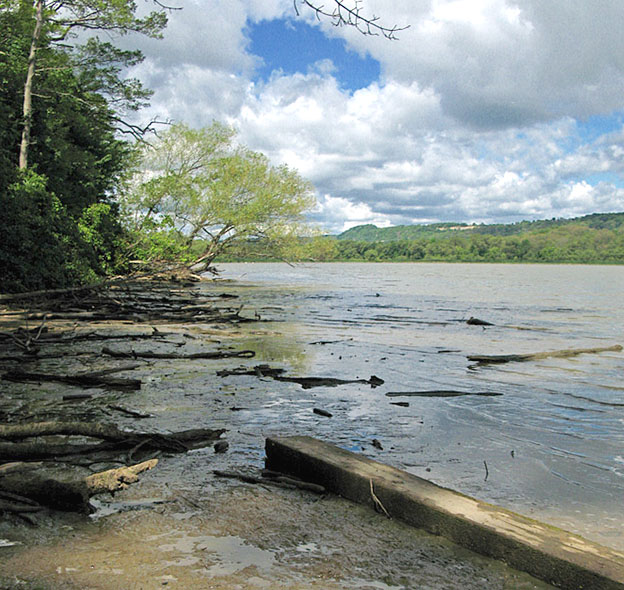Great Lakes researchers gather to discuss lake levels, pollution, invasive species

McMaster's location, on the edge of Cootes Paradise and Lake Ontario, makes it the ideal location for a conference on the Great Lakes. Experts are on campus this week to talk about everything from water levels to invasive species.
Even as some longstanding threats to the Great Lakes are being resolved, emerging problems threaten the massive, yet fragile ecosystem.
More than 600 researchers from Canada, the US and beyond will share information and debate about how to cope with the newest problems at this week’s International Association for Great Lakes Research conference, hosted by McMaster.
“Some things have improved, but other things have not improved and are getting worse,” said Patricia Chow-Fraser, a professor of biology at McMaster and conference site chair. “We’ve managed to stop some of the legacy contaminants and keep them from getting transferred up the food web, and we know a lot more about our ecosystem, but there are a lot more things now that we didn’t know were as bad as they are.”
Presentations and discussions will feature leading academic and government researchers and resource managers discussing such topics as:
• invasive species such as Asian carp, and the turmoil they are creating in the food web
• the growth of cities and the impact of human land use on the lakes
• changing Great Lakes water levels
• the effects of climate change and severe weather
• challenges and victories in the battle against pollution, including new contaminants such as microplastics
• the increasing threat of botulism, which is responsible for an increasing number of fish and bird kills
• new tools, including drones, that are making it easier to understand the lakes and how they are changing
Chow-Fraser, who is also the conference’s program co-chair with Gail Krantzberg from McMaster’s Centre for Engineering and Public Policy, says this is the right time and place for the annual conference to come to McMaster and Hamilton, with the university being set near the edge of one of the Great Lakes, and so many research and remediation efforts happening in the Cootes Paradise marsh and in Hamilton Harbour.
More information on the conference is available here.

